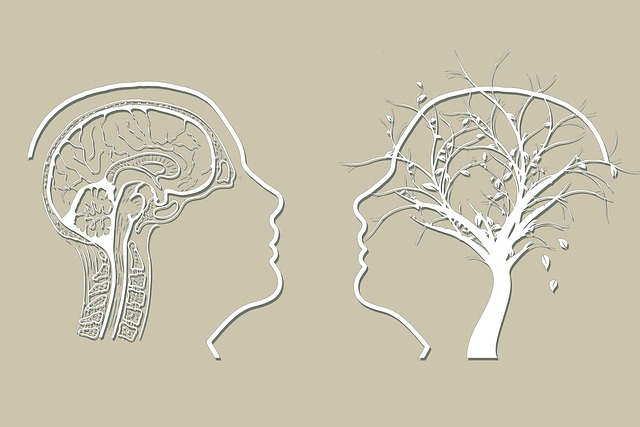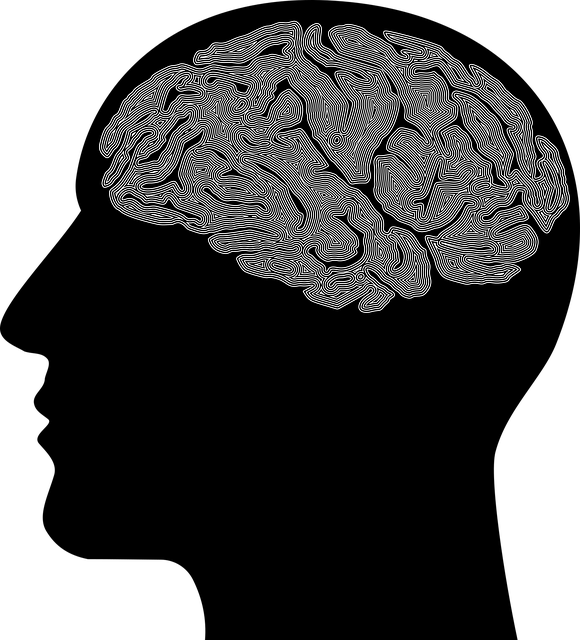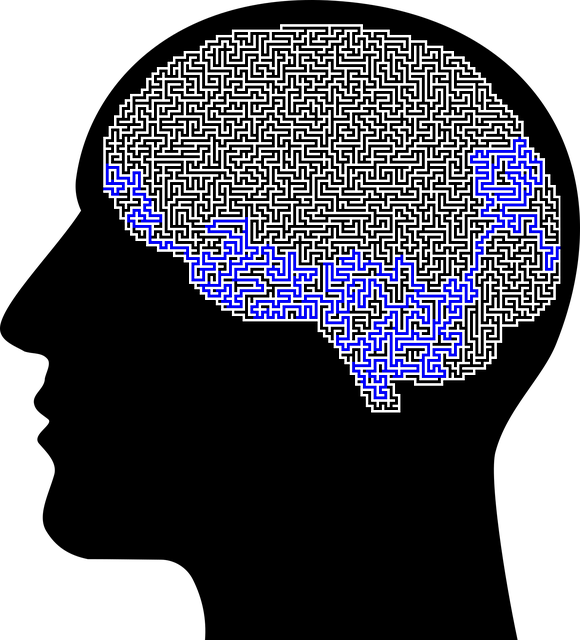Wheat Ridge Children's Therapy focuses on understanding community needs through active listening and cultural sensitivity to design effective outreach programs, addressing issues like stress management and self-awareness. Their tailored initiatives empower participants with coping strategies, fostering trust and collaboration with local schools and centers for comprehensive services, including Trauma Support, Self-Esteem Improvement, and Anxiety Relief. Impact is measured using data-driven methods and building partnerships for long-term engagement, ensuring the therapy's programs cater to local needs and create lasting positive change.
Community outreach programs play a pivotal role in strengthening local communities, especially for organizations like Wheat Ridge Children’s Therapy. This article explores how effective outreach initiatives can be designed and implemented to address specific community needs. We delve into understanding target audiences, creating meaningful programs, and measuring their impact. By fostering sustainable relationships with the community, organizations like Wheat Ridge Children’s Therapy can enhance their reach and positively influence local lives.
- Understanding Community Needs: A Foundation for Effective Outreach
- Designing and Implementing Programs that Resonate with Target Audiences
- Measuring Impact and Building Sustainable Relationships within the Community
Understanding Community Needs: A Foundation for Effective Outreach

Understanding community needs is a foundational step for effective outreach programs, especially when focusing on mental health initiatives like those provided by Wheat Ridge Children’s Therapy. By engaging with the community, organizations can identify pressing issues and tailor their services accordingly. This involves active listening to residents’ concerns, understanding cultural nuances, and recognizing the unique challenges faced by different demographics. Through this empathetic approach, outreach programs can address specific needs, whether it’s providing stress management workshops for families or incorporating self-awareness exercises into after-school activities.
Community engagement allows for a more holistic understanding of the environment in which services will be offered, ensuring that interventions are relevant and accessible. By building strong connections with community leaders and members, organizations like Wheat Ridge Children’s Therapy can foster trust and encourage participation in programs designed to enhance mental well-being. This collaborative process is key to creating lasting positive change within the community.
Designing and Implementing Programs that Resonate with Target Audiences

Effective community outreach programs require a deep understanding of the target audience’s unique needs and preferences. At Wheat Ridge Children’s Therapy, we specialize in creating initiatives that resonate with children and families facing various challenges, such as trauma, anxiety, and low self-esteem. Our approach involves tailoring activities and support services to address these specific issues directly. By doing so, we ensure that our programs not only engage but also empower participants with effective coping strategies.
When designing and implementing these initiatives, it’s crucial to foster an inclusive environment where every individual feels valued and heard. This can be achieved through collaborative efforts with local schools, community centers, and other relevant stakeholders. By partnering with these entities, we can leverage their existing networks and resources to maximize the reach and impact of our programs. Ultimately, this holistic approach aims to provide comprehensive Trauma Support Services while promoting Self-Esteem Improvement and Anxiety Relief for all participants.
Measuring Impact and Building Sustainable Relationships within the Community

Measuring the impact of community outreach programs is essential to understanding their effectiveness and ensuring they meet the needs of the local population. Organizations like Wheat Ridge Children’s Therapy can utilize various methods to evaluate success, such as collecting participant feedback through surveys or interviews, tracking improvements in mental wellness and mindfulness meditation skills over time, and measuring changes in self-care routine development for better mental health. These data-driven approaches help identify program strengths and areas for improvement, allowing for ongoing adjustments to maximize benefits.
Building sustainable relationships within the community is another key aspect of successful outreach programs. By fostering partnerships with local schools, businesses, and community centers, Wheat Ridge Children’s Therapy can create a network of support that extends beyond the initial program implementation. This collaborative approach encourages long-term engagement, making it easier to reach more individuals in need of mental health services. Regular communication, shared resources, and joint initiatives contribute to a thriving community where mental wellness is prioritized and promoted.
Community outreach programs, such as those offered by Wheat Ridge Children’s Therapy, thrive on understanding community needs and designing initiatives that resonate with target audiences. By measuring impact and fostering sustainable relationships, these programs not only enhance the well-being of individuals but also strengthen the fabric of the community. This holistic approach ensures that efforts are effective, relevant, and lasting, ultimately benefiting everyone involved.














